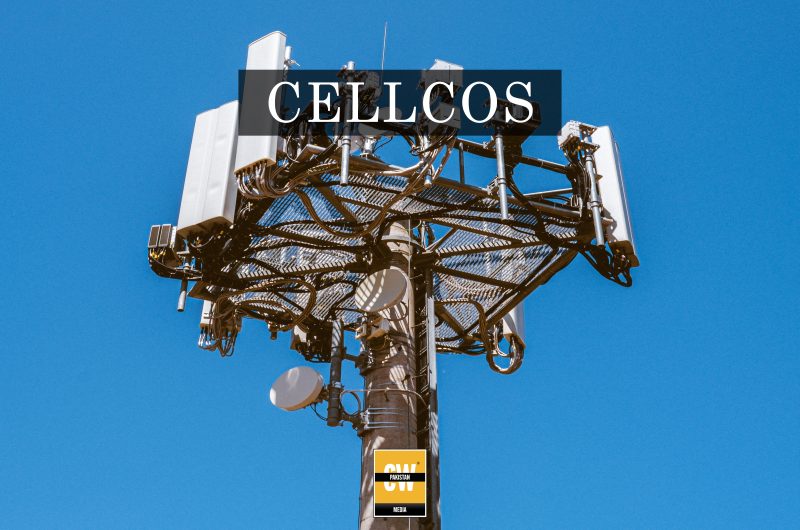PTA has informed the Senate Committee on IT and Telecom that the long-anticipated auction for the 5G spectrum in the country is facing multiple hurdles. While PTA has emphasized the necessity of acquiring a larger spectrum to enable 5G services, it has also pointed out critical implementation challenges that must be addressed before the next-generation technology can be rolled out.
During a meeting of the Senate Standing Committee on IT and Telecom, held at the Parliament House on Thursday, officials from PTA provided a detailed briefing on the 5G auction policy. They highlighted that a policy directive from the federal government is required before the spectrum auction process can proceed. The officials noted that a 5G trial had been approved as early as 2017, and an advisory committee was established to monitor progress in this regard. According to PTA, a consultant was engaged in November last year to assist in the planning of 5G spectrum allocation. A report has already been submitted, outlining the technical requirements, economic considerations, and possible challenges associated with the launch of 5G services in Pakistan. The officials explained that 5G requires a larger frequency spectrum than existing mobile networks and that the availability of sufficient bandwidth is a key factor in ensuring the technology’s successful deployment. However, issues such as spectrum pricing, infrastructure development, and market readiness remain significant obstacles.
The officials further stated that the decision regarding the 5G spectrum auction would be influenced by the participation of three to four key telecom players operating in Pakistan. The country’s existing telecom ecosystem includes major service providers who will play a crucial role in acquiring and deploying the new spectrum. Representatives from the Ministry of IT also shared insights into the practical implications of a 5G launch, clarifying that not all users will be able to transition to 5G services immediately after its introduction. They explained that while the new spectrum would enhance connectivity and improve the speed of 3G and 4G networks, widespread adoption of 5G technology would take time due to factors such as device compatibility and affordability. At present, three categories of spectrum bands are available for telecom use in Pakistan, and careful planning is required to allocate resources efficiently.
In addition to discussions on 5G, the meeting also included a briefing from Universal Service Fund (USF) on its efforts to expand telecom services to rural and underserved areas. USF officials reported that over the past three years, they have completed 63 projects aimed at improving connectivity in remote regions. These initiatives have brought essential telecommunication services to several villages, enabling residents to access digital communication tools, educational resources, and financial services. However, USF’s progress has not been without challenges. Senator Humayun Mehmood raised concerns about ongoing complaints from residents in Balochistan regarding poor telecom services. USF officials acknowledged the difficulties and cited security issues as a major reason for service interruptions in certain parts of the province. They also admitted facing obstacles in completing projects in conflict-prone areas such as North and South Waziristan, where maintaining infrastructure remains a complex challenge.
The committee also turned its attention to the frequent internet disruptions along Pakistan’s motorway network. The chairperson inquired about the reasons behind these connectivity issues, to which USF officials responded by stating that PTA is actively working to resolve them. According to the officials, steps have already been taken to improve network coverage along highways and motorways to ensure uninterrupted internet access for commuters and businesses relying on digital communication.
While the discussion on the 5G spectrum auction remains at an early stage, it is clear that Pakistan’s digital transformation hinges on addressing these critical challenges. With demand for high-speed internet growing exponentially, the timely deployment of 5G services could play a transformative role in boosting economic growth, enabling smart city initiatives, and enhancing digital inclusion across the country. However, for this vision to become a reality, regulatory authorities, telecom operators, and government stakeholders will need to collaborate closely to overcome the financial, technical, and logistical barriers standing in the way of 5G adoption.








